Touro University Nevada Hosts CME to Address Nevada’s New Opioid Law
Touro University Nevada hosted nearly 800 physicians, nurse practitioners, physician assistants, and other members of the healthcare community during two Continuing Medical Education (CME) seminars and an information session for office managers to address Nevada’s new opioid law.
Drs. Weldon Havins and Joseph Hardy from Touro’s College of Osteopathic Medicine provided informative sessions about Nevada Assembly Bill 474, which was implemented on Jan. 1 as a way to help combat the opioid crisis in Nevada.
The bill includes language that will impact how Nevada healthcare providers prescribe opioids to their patients, including a possible revocation of a license if a provider incurs five violations in a year.
“The intent of the law is to prevent people from overdosing on opioids and decreasing the number of opioids available so they can’t be stolen or diverted,” said Hardy, who also serves as a State Senator in the Nevada Legislature. “As a legislator, I was able to speak authoritatively about what the intent of the law was.”
The medical community’s growing interest of the law prior to its first of the year implementation was the catalyst of the CME.
“We sent out an invitation just before the Christmas weekend to invite them to come and ask their questions on Jan. 3,” Hardy said. “Well, the folks here at the office came in on the Tuesday after Christmas and noticed that 200 people had registered. By the end of the day, it was over 300.”
The CME and info session provided the valley’s prescribers and their office staff with the intent behind the new law, as well as what guidelines or ideas they can follow to ensure they are in compliance going forward.
“Any new law has issues when it’s implemented,” Hardy said. “There is a lot of anxiety among the medical community because of this new bill.”
In addition to the on-campus sessions, participants were provided with resources on the new law and how it can be properly followed.



